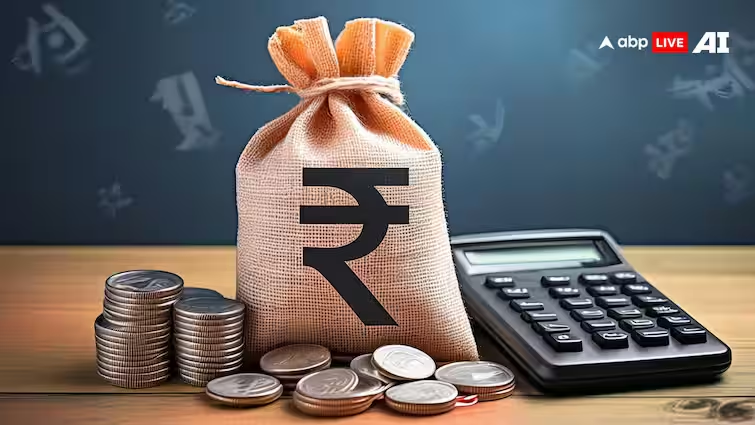Anticipation is building among government employees and pensioners as discussions around the 8th Pay Commission gather momentum. For many, each new Pay Commission brings with it the prospect of improved salaries and better financial security, fuelling hopes of an easier life.
The latest round of debate has intensified after Shiv Gopal Mishra, Secretary (Staff Side) of the National Council Joint Consultative Machinery (NC-JCM), suggested that the new commission should take effect from January 2026, reported Livemint.
This, he noted, would mirror the timeline of the 7th Pay Commission, which came into force in July 2016 but with its recommendations applied retrospectively from January that year.
Salary Hike Estimates Spark Optimism
According to the Joint Consultative Machinery, employees could expect a pay rise in the region of 30 to 34 per cent if the 8th Pay Commission is implemented as proposed. Such an increase would significantly boost household budgets and provide relief for lakhs of families dependent on government salaries. Analysts suggest that beyond the personal financial gains, higher pay packets could also help stimulate broader consumer demand, thereby benefiting the economy.
At present, no official statement has been made by the government, but the heightened activism of employee organisations indicates rising pressure on policymakers. With elections looming in several states, observers say the issue is gaining political weight.
Echoes in Government Offices Nationwide
For employees across India, the central question remains unchanged: when will the 8th Pay Commission be implemented? Offices in every state are abuzz with speculation as workers and pensioners alike await clarity from New Delhi. The potential timeline of January 2026 is being closely watched, and many are hoping that history repeats itself in terms of implementation patterns.
Mishra emphasised the importance of timely relief for employees, underlining that replicating the earlier model would ensure fairness and continuity. If adopted, it could prevent long delays and provide certainty to millions of households.
Political and Economic Dimensions
Experts point out that the timing of the Pay Commission carries both economic and political implications. A sizeable salary revision could add significantly to government expenditure, but it might also prove advantageous in terms of voter sentiment. The demand for its swift implementation reflects not only financial needs but also the expectations of a large section of India’s workforce.
As of now, the government has yet to signal its stance, but the call for the 8th Pay Commission is growing louder. Whether the proposal is formally adopted in January 2026 will be closely monitored, with employees, pensioners, and markets all awaiting the outcome with keen interest.



